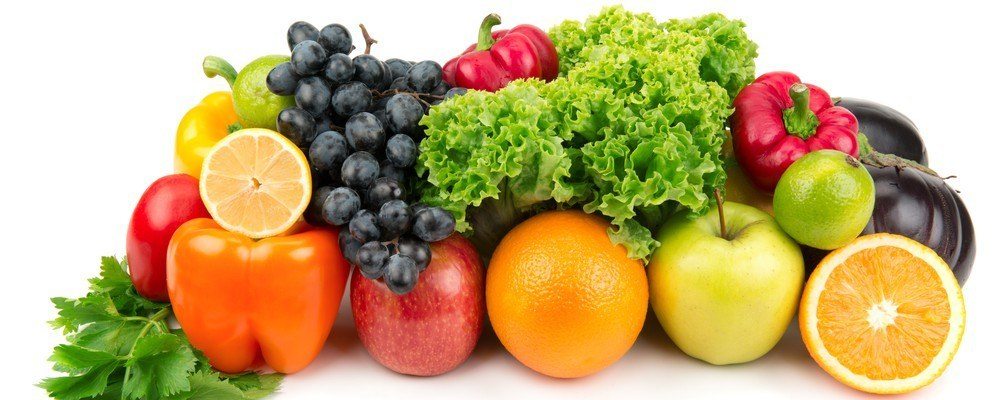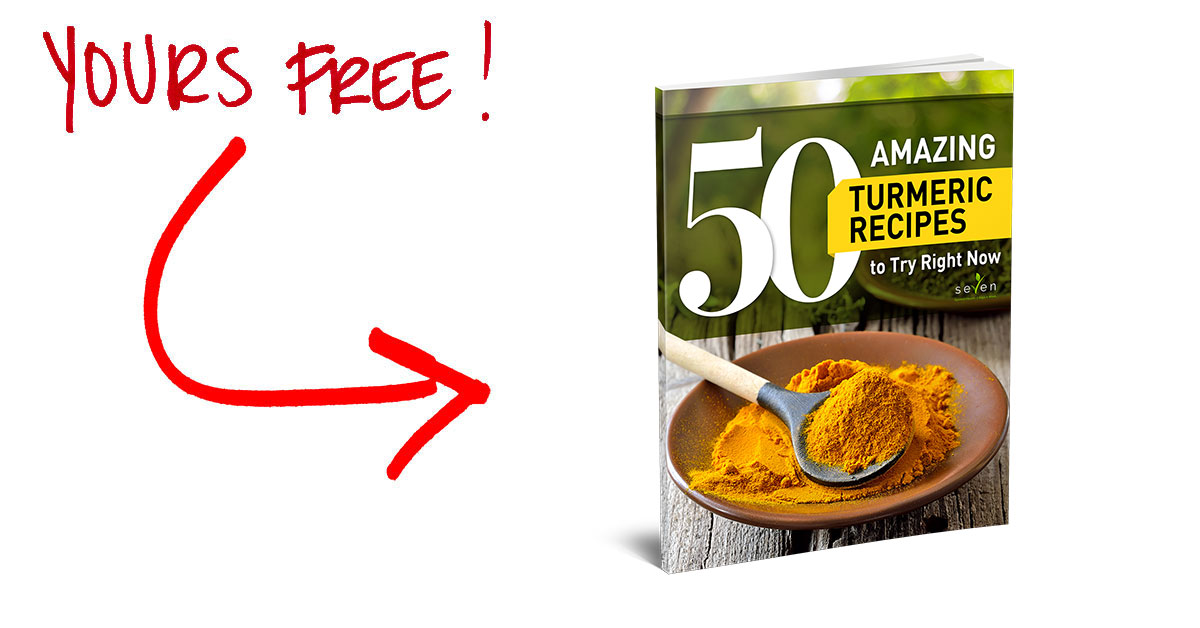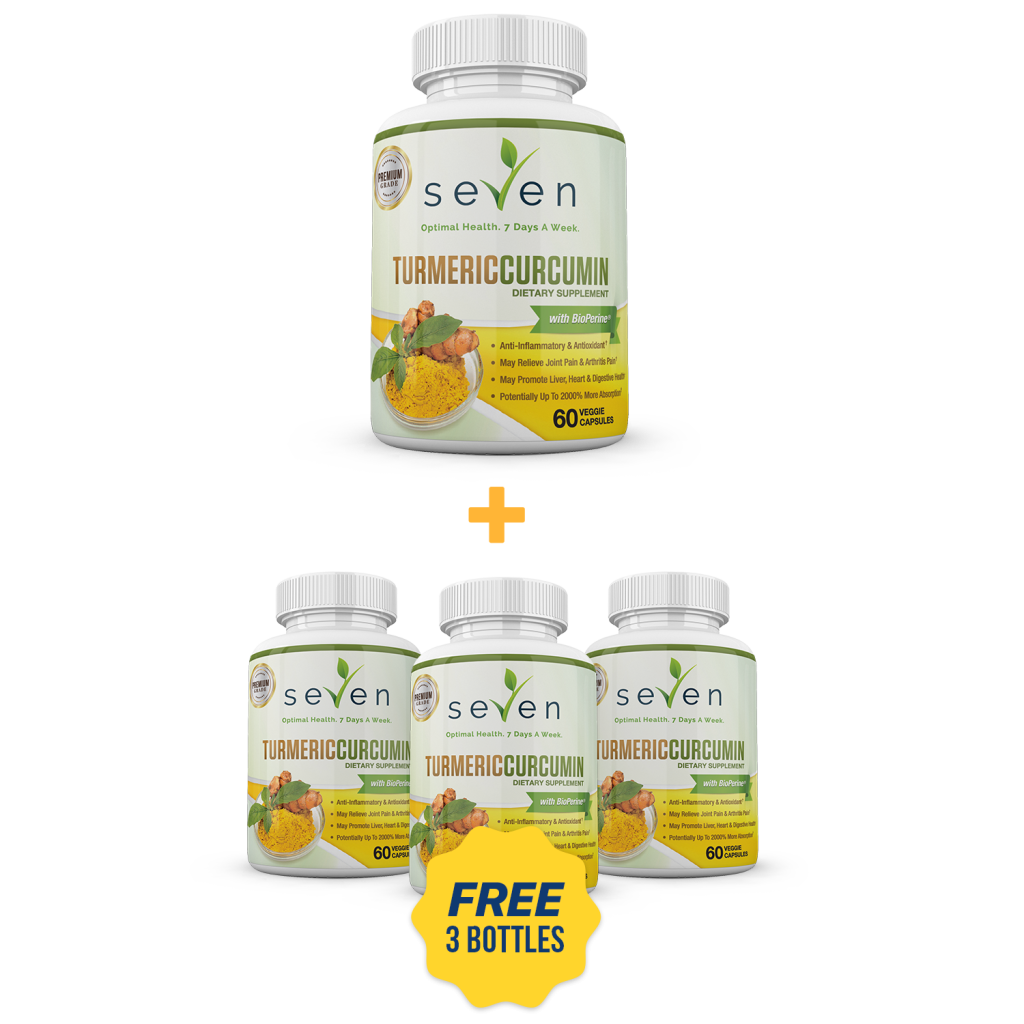There’s one nutrient you’re almost definitely deficient in. It’s not vitamin D, K2, or magnesium and you’ve definitely heard of it before. For some people, there’s a bit of a stigma surrounding it – especially the younger generation.
“Why do I need to take it if it’s something old people have to take?”
If you haven’t figured it out by now, I’m talking about fiber – the nutrient that up to 97% of Americans aren’t getting enough of on a daily basis. But it is absolutely one of the most important nutrients.
Soluble vs Insoluble Fiber
There are two different types of fiber: soluble and insoluble.
Soluble fiber can takes in water and turns into a gel-like substance. If you take a soluble fiber supplement (like psyllium husks), it’s a good idea to drink it right away. Soluble fiber helps slow down the digestion process. Slower digestion means more thoroughly digested food which means you’re able to get more nutrients out of your organic produce. Soluble fiber also feeds the probiotics in your gut.
Insoluble fiber has pretty much one job and one job only – to make your poop bigger and help it move through your colon. Getting enough insoluble fiber means you’ll spend less time on the toilet. The best sources of insoluble fiber are legumes and nuts. Certain vegetables such as cauliflower and green beans also contain a decent amount of insoluble fiber.
Fiber Benefits
I’ve already listed two benefits. Fiber helps feed the microbes in your gut. It also feeds the pathogenic bacteria in your gut. So be sure to flood your gut with probiotics before you get serious about taking fiber. It also helps you poop easier which means you won’t strain as much which means you’re less likely to get hemorrhoids.
Weight Loss
Fiber helps you lose weight. Because it slows down the digestive process you’ll feel fuller longer and won’t resort to the snacks hidden in your desk drawer or your pantry.
Heart Health
Ever wonder why Cheerios can say it’s heart healthy even though it’s not all that great for you? It’s because of its fiber content. People who get enough fiber every day have a 40% lower risk of getting heart disease.
Controls Blood Sugar
Again, thanks to its ability to slow down digestion, it slows down the digestion of sugar. I’m not saying you can go wild and eat an entire cake if you’re diabetic, but it certainly won’t affect your blood sugar levels nearly as much. If you’re not diabetic, it can help reduce your risk of diabetes.
Cancer
There is some evidence that fiber can help prevent colon and rectal cancers. In addition to helping clear out your colon, fiber also feeds the bacteria in your gut (which is where the majority of your immune system resides).
How much fiber should you get every day? Somewhere between 20 and 30 grams. It’s not as difficult to do as you think it is. That’s about 2 cups of vegetables and some nuts. Having vegetables with every meal is an easy way to ensure you get enough fiber.
If you enjoyed this you may also enjoy:
References:
http://nutritionfacts.org/2015/09/29/where-do-you-get-your-fiber/
http://www.ncbi.nlm.nih.gov/pubmed/8627965
http://www.ncbi.nlm.nih.gov/pubmed/19335713





What did you think about this article?